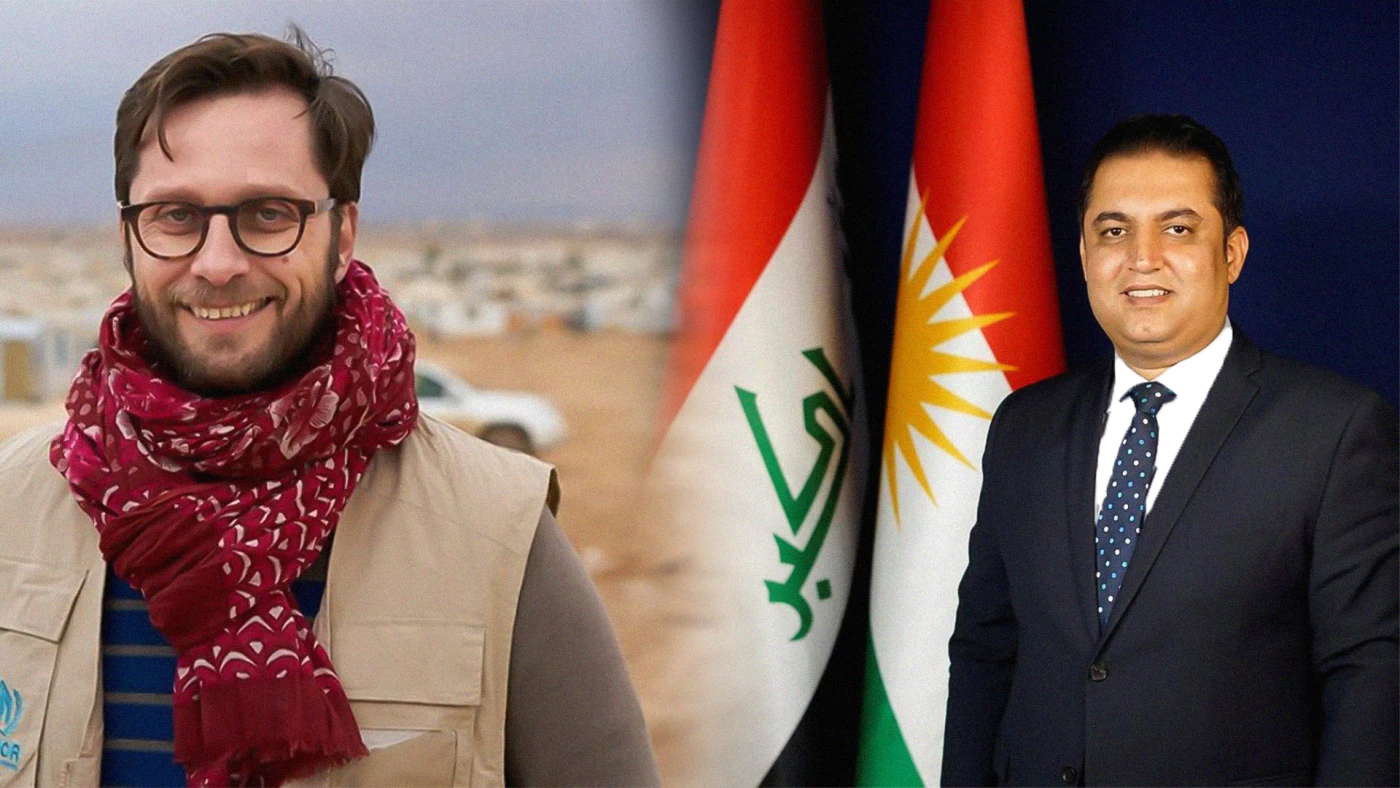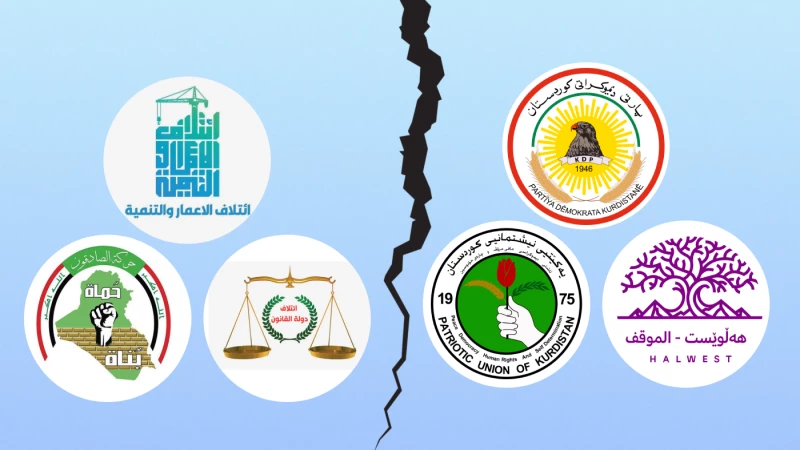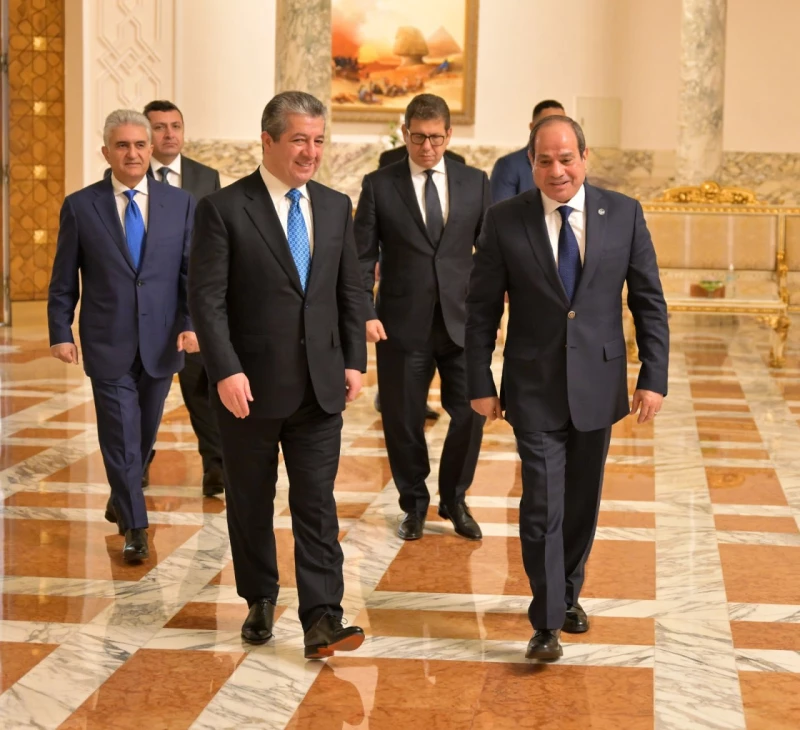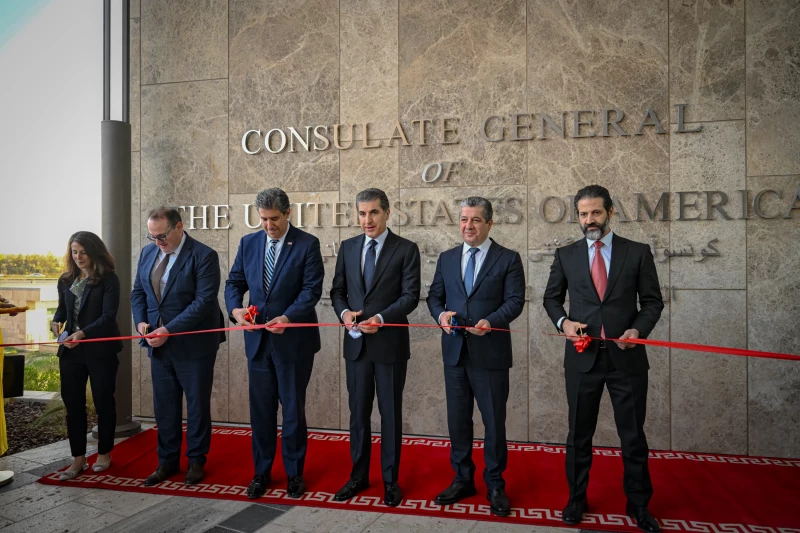Here in the Kurdistan Region of Iraq (KRI), people know well what it means to be chased out of one’s home due to violence and persecution. Every Kurdish family has experienced firsthand what it means to be a refugee. This is why when Kurdish Syrians, Turkish or Iranians sought refuge in our region, authorities and communities, as well as the international community through the UN Refugee Agency (UNHCR) joined forces to welcome them.
Many in the KRI received their education abroad during the years when numerous Iraqi Kurdish families lived in exile. Now, it is our turn to give refugee children a chance to access quality education – on equal footing with Iraqi Kurdish children. Without such opportunities to learn, play with their peers and develop into responsible adults, refugee families would be left without hope for their future – including eventually returning home and rebuilding their communities. This mirrors the resilience demonstrated by many who successfully built strong Kurdish communities in northern Iraq when the opportunity arose.
We understand that in most countries, refugee children are allowed to enroll in public schools. It is a widely accepted practice that is cost-effective and encourages knowledge sharing. The same principle applies to us. Why establish separate schools for refugees with dedicated teachers when we can invest in enhancing the capacities of our existing schools? By doing so, we educate both communities side-by-side, fostering improved learning outcomes and brighter futures for all. This approach, unlike constructing new facilities only for refugee children, underscores sustainability and inclusivity. As refugees eventually return home, our schools will remain.
Similar to global practices, refugee children are welcomed in public schools across the KRI through the Refugee Education Integration Policy (REIP). The policy allows refugee children to attend the same schools as Kurdish children, learn the language by following the same curriculum, foster relationships with them and have equal opportunities as them. By educating children who comprehend and appreciate each other, we are laying the foundation for a future generation that will construct a better world in Iraq and in the region.
But what about qualified refugee teachers left without a job after having fled their country? This is where the KRI introduced a groundbreaking decision. We allowed these educators to teach both refugee and local children in public schools in the KR-I granted their diplomas and professional experience is assessed as qualified by the Kurdistan Regional Government’s Ministry of Education (KRG MoE) to maintain the quality of teaching in public schools.
This is more than just an educational shift. It is a social transformation. It provides qualified refugee teachers with the chance to contribute to the communities that embraced them and an opportunity to make a positive impact on their children and the children of the communities with which they live.
Moreover, we are creating livelihood opportunities for refugees, promoting a more sustainable and inclusive environment. As noted by Parveen, a refugee teacher: “Being able to work as a teacher has been a substantial opportunity in my life here. In the school, you see teachers from the refugee and local community working together and supporting each other.”
Certainly, there were initial concerns; notably the language difference. In Syria, teachers adhered to an Arabic curriculum and students learned in Arabic, despite speaking the Kurdish Kurmanji dialect. In public schools in the KRI, the teaching language is Kurdish, following either the Sorani or Badini dialect. The question arose: could refugee children adapt to this shift and could refugee teachers effectively teach in a different dialect?
Recognising the legitimacy of these concerns, the KRG MoE and UNHCR proactively addressed them. Kurdish language classes were provided for children, teachers, and parents. New teachers underwent training, and learning materials were supplied to facilitate a smooth transition for everyone involved. As Layal, a refugee parent, emphasises: “It is disheartening to witness valuable knowledge go to waste due to conflict. We have been here for ten years and we do not know when we will return to Syria. We want our children to integrate and have the same opportunities as Iraqis.”
In addition, by getting additional funding to rehabilitate existing schools and build new classrooms, we enhanced the quality of the teaching environment for everyone. Some 400 qualified Syrian refugee teachers and some 700 teachers as lecturers were hired as the overall number of children enrolled in public schools increased to 50,000 (70% of school-aged Syrian refugee children) in grades one to twelve, including pre-school, for the academic year 2023-2024 and an additional 21,000 await their inclusion.
The journey continues and for the sake of both communities, their children and their teachers, the international community must continue providing support to the KRG MoE. Let us remember that it not only takes a village to raise a child but also teachers – from the local community or refugees – and a collective of individuals fostering inclusion. This model – supported by national and international commitment – ensures that refugees can be included in national systems, becoming invaluable contributors to local economies.
The New Region is committed to publishing a diversity of opinions. The views expressed in this Editorial are those of the authors, and do not necessarily represent the views of the The New Region editorial staff.



 Facebook
Facebook
 LinkedIn
LinkedIn
 Telegram
Telegram
 X
X


